5 items found
Page 1 of 1
-
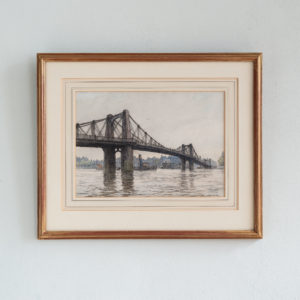
Lambeth Bridge With Shipping
£650Lambeth Bridge With Shipping
Pedestrians idle on the parapet of Old Lambeth Bridge while a steam tug passes beneath the central arch towing a Thames barge. Warehouses, wharves and houses line the Westminster shore. A Framed and mounted mixed media sketch by the artist Hubert Williams showing Old Lambeth Bridge prior to it's demolition in 1928. Signed on the plate by the artist.£650 -
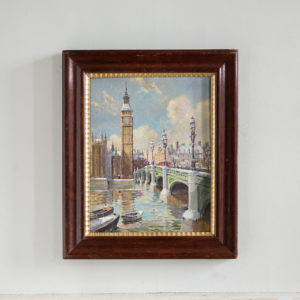
Palace of Westminster
£580Palace of Westminster
Bert Pugh (1904-2001) sometimes known as Sullivan Pugh, born in Kilmarnock, Ayrshire. When he was young his family moved to London, where he spent much of his life, joining the Chelsea Art Club. Pugh studied for three years at a building school, at 17 becoming an architectural and ecclesiastical draughtsman, church craftsman and woodcarver, afterwards designing bookplates and practising calligraphy. While owning a commercial art studio in the Strand, he spent evenings studying from life and painting and began to exhibit in the capital. Pugh also spent some time as a commercial artist with the advertising agency J. Walter Thompson.£580 -
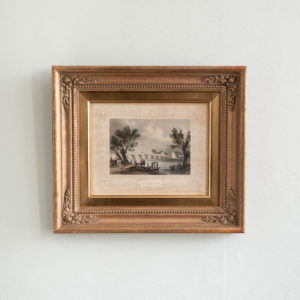
Vauxhall Bridge by Willian Tombleson
£220Vauxhall Bridge by Willian Tombleson
Engraved by Henry Winkles from the original study by William Tombleson. Originally published in the part-work series “Tombleson’s Views of the Thames and Medway” (London : 1833-1834).£220 -
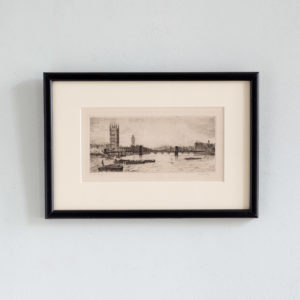
Lambeth Bridge, by J. H. Wiley
£180 -
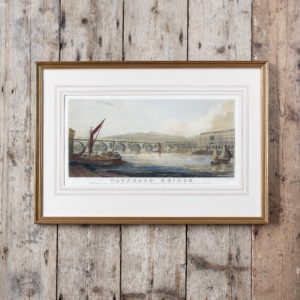
Waterloo Bridge,
£150Waterloo Bridge,
Hand colured and engraved, framed and mounted print depicting John Rennie's Waterloo Bridge by the artist and engraver John Shury after a painting by W.G. Moss.£150
Featured Items
-

The Dance, by Henri Matisse, Jan – March 1939 / No. 4.
£1,200The Dance, by Henri Matisse, Jan – March 1939 / No. 4.
The Verve Review was a purposefully luxurious. It ran from 1937 to 1960, but with only 38 editions available, due to the high degree of design and editorial work dedicated to each issue. Each edition contained unique lithographic prints, commissioned by the editor, and each cover a double-page lithograph elaborated by one of the artists contained within. It was the brainchild of its editor Stratis Eleftheriades, a Greek National who moved to Paris in the early thirties to take part in the growing Modernist movement, writing under the name of Teriade.£1,200 -
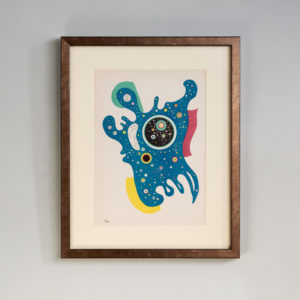
Stars by Wassily Kandinsky, Verve Vol. 1 / No. 2.
£800Stars by Wassily Kandinsky, Verve Vol. 1 / No. 2.
The Verve Review was a purposefully luxurious. It ran from 1937 to 1960, but with only 38 editions available, due to the high degree of design and editorial work dedicated to each issue. Each edition contained unique lithographic prints, commissioned by the editor, and each cover a double-page lithograph elaborated by one of the artists contained within. It was the brainchild of its editor Stratis Eleftheriades, a Greek National who moved to Paris in the early thirties to take part in the growing Modernist movement, writing under the name of Teriade.£800 -
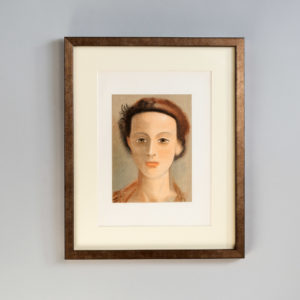
Portrait by Andre Derain, Verve Vol 2 / No. 5-6.
£800Portrait by Andre Derain, Verve Vol 2 / No. 5-6.
The Verve Review was a purposefully luxurious. It ran from 1937 to 1960, but with only 38 editions available, due to the high degree of design and editorial work dedicated to each issue. Each edition contained unique lithographic prints, commissioned by the editor, and each cover a double-page lithograph elaborated by one of the artists contained within. It was the brainchild of its editor Stratis Eleftheriades, a Greek National who moved to Paris in the early thirties to take part in the growing Modernist movement, writing under the name of Teriade.£800 -
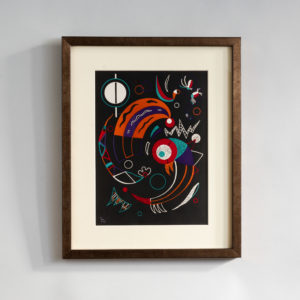
Comets by Wassily Kandinsky, Verve Vol. 1 / No. 2.
£800Comets by Wassily Kandinsky, Verve Vol. 1 / No. 2.
The Verve Review was a purposefully luxurious. It ran from 1937 to 1960, but with only 38 editions available, due to the high degree of design and editorial work dedicated to each issue. Each edition contained unique lithographic prints, commissioned by the editor, and each cover a double-page lithograph elaborated by one of the artists contained within. It was the brainchild of its editor Stratis Eleftheriades, a Greek National who moved to Paris in the early thirties to take part in the growing Modernist movement, writing under the name of Teriade.£800
